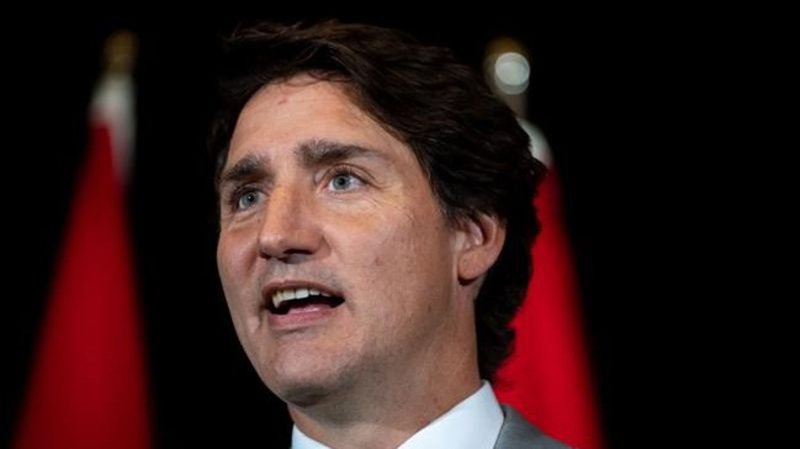
Climate change, trade ties top agenda as Trudeau attends summits in Asia
OTTAWA — Canada has its eyes on Asia and the lucrative trade markets in the Indo-Pacific region as Prime Minister Justin Trudeau heads to the region tomorrow for a week of international summits and bilateral meetings.
With stops in Indonesia, Singapore and India over six days, relationship building with Asian leaders is a critical goal.
Canada wants in on the region’s rapid growth amid the global green energy transition, in which Canada sees itself as a key player.
It also wants to diversity its trade in the region away from China. Canada launched a new Indo-Pacific strategy last fall, aiming to expand trade links throughout the region to help counter China’s dominance.
